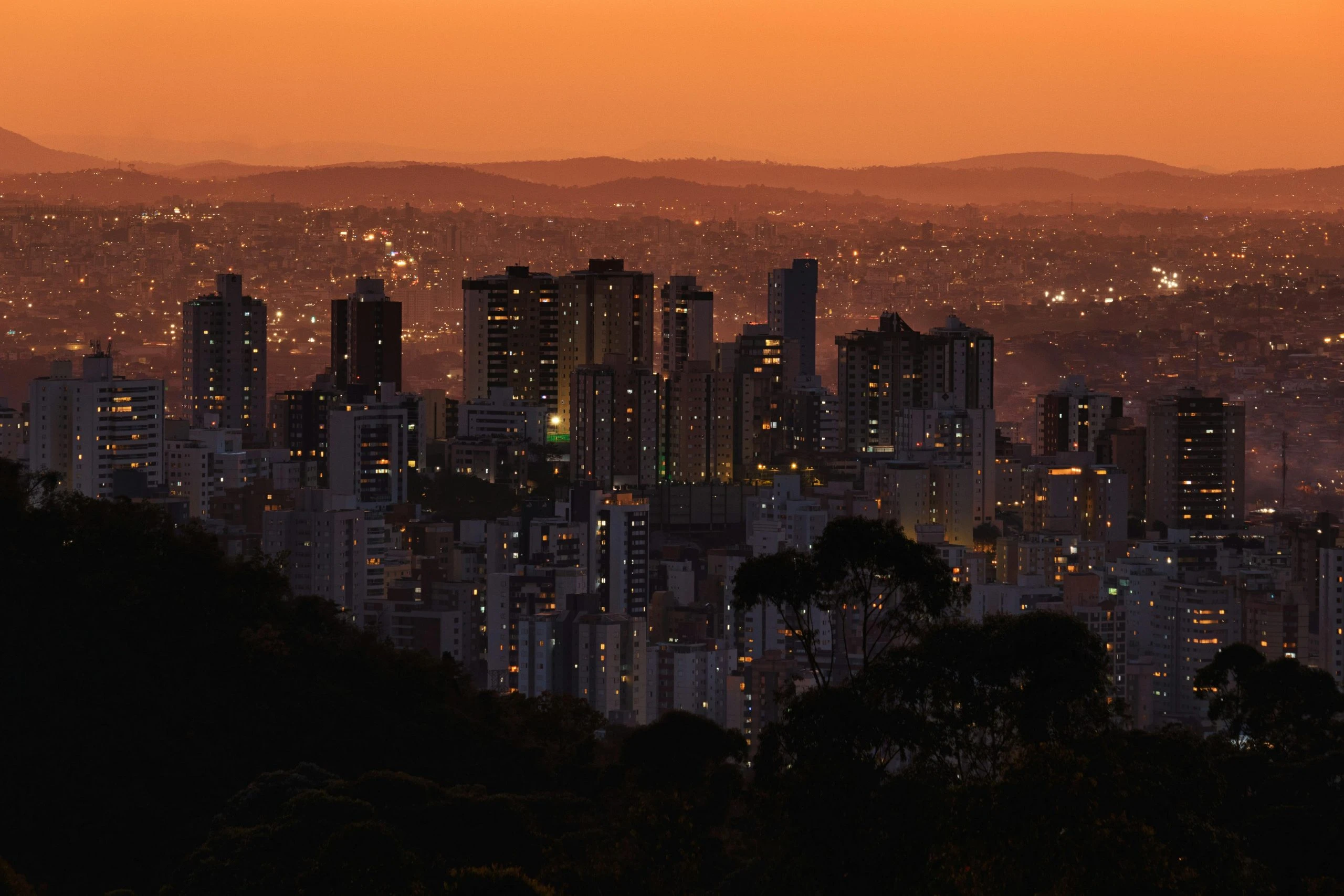Influx of Brazil betting licence applications as enforcement deadline passes

In mid-September, the Brazil government published Normative Ordinance No 1,475. This set out plans to launch enforcement action against operators that failed to submit a licence application by 1 October.
Only companies that were both already active and that had applied for a licence would be allowed to continue operating in the transition period between 1 October and 31 December. This counts down to the legal online market launch on 1 January 2025.
This is the second key licensing deadline in Brazil. The first passed on 20 August when the initial 90-day window of preference shut. The 113 operators that applied during that period ensured their applications will be processed by the Secretariat of Prizes and Bets (SPA) ahead of the legal market’s launch date.
The announcement of the October deadline has rocketed the sum of applications further, with close to 70 companies responding by submitting a request, taking the total to 182. Almost all of those were filed ahead of the deadline, though Tecnologia e Desenvolvimento Ltda’s application has been registered for today (1 October), therefore missing the deadline.
Companies were required to inform the SPA, which sits within the ministry of finance, which brands and domains they planned to operate across the transition period.
What now for companies that didn’t apply for a Brazil licence?
For companies that didn’t apply for a licence by the deadline, their sites will be blocked from 10 October. Between now and then, they must give bettors the chance to withdraw funds ahead of the shutdown.
On Monday (30 September), Brazil’s minister of finance Fernando Haddad told CBN he expected between 500 and 600 betting sites to be blocked from 10 October.
It’s worth noting that companies that have applied for a licence but aren’t currently active in Brazil will have to wait until 1 January to begin operations, provided they receive authorisation.
Normative Ordinance 827, published in May, ruled operators active without the required federal licence would face sanctions from 1 January 2025.
The sanctions available were clarified in the last ordinance to be published. Normative Ordinance 1,233 states fines of up to BRL2bn (£275.1m/€330.4m/$367m) can be imposed. Offenders will also face a ban on applying for licences or accreditations, which can last for up to 10 years.
These measures, however, only seem to apply from 1 January 2025. While it is currently unclear, it appears the SPA will only implement site blocking until that date.
Eduardo Carvalhaes and Karen Coutinho, lawyers for Brazilian law firm Lefosse, feel the revised October deadline will prove a useful measure in easing the fears of those companies seeking licences over the lingering presence of illegal operators.
“The market expectation is that this measure will bring forward the removal of non-compliant companies from 1 January 2025 to October,” Coutinho and Carvalhaes previously told iGB.
Growing criticism as Brazil betting launch nears
The Brazil betting sector has faced growing criticism recently. Many government officials are raising concerns over issues such as the black market and levels of addiction, supported by negative media coverage.
Recent studies have further fuelled the fire, including one by the Brazilian Society of Retail and Consumption (SBVC). This claims bettors are diverting funds for essentials such as clothing and healthcare into gambling.
Although the study had a small sample size and its conclusions were contentious, it garnered considerable media attention and raised alarms among public officials.
Another key issue is illegal gambling. Recent figures from Yield Sec claim onshore operators may represent just 9% of Brazil’s total online gambling market.
However, lawyers Carvalhaes and Coutinho believe the revised October deadline will alleviate fears over the black market and the effects of gambling on consumer behaviour in Brazil.
“The suspension of betting companies that have not requested authorisation to operate serves as a way to expedite the screening of compliant and non-compliant companies, initially scheduled for January 2025,” they said in September.
“It also aims to establish greater control over the operation of sports betting in Brazil and the services offered to bettors, with the purpose of protecting their mental, financial and physical well-being.”
